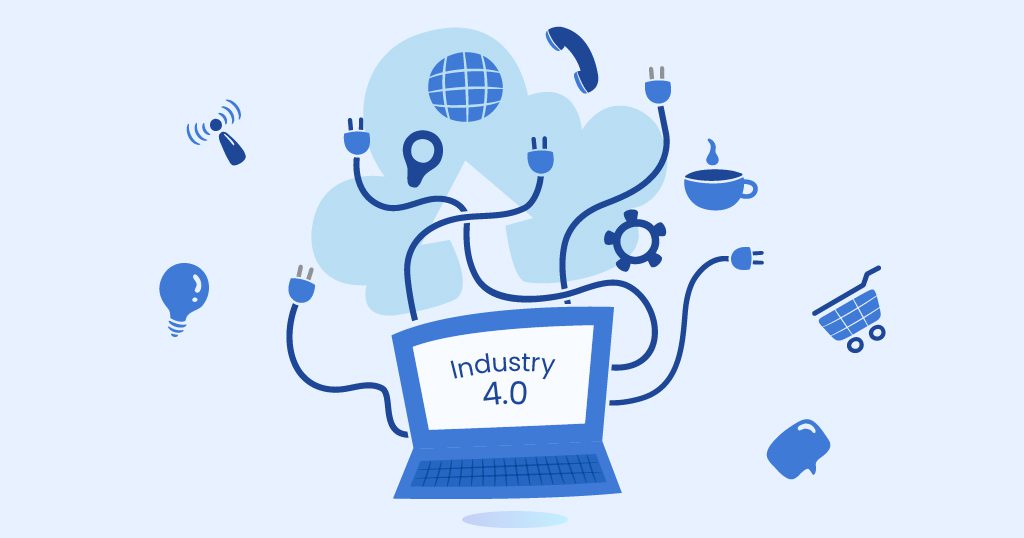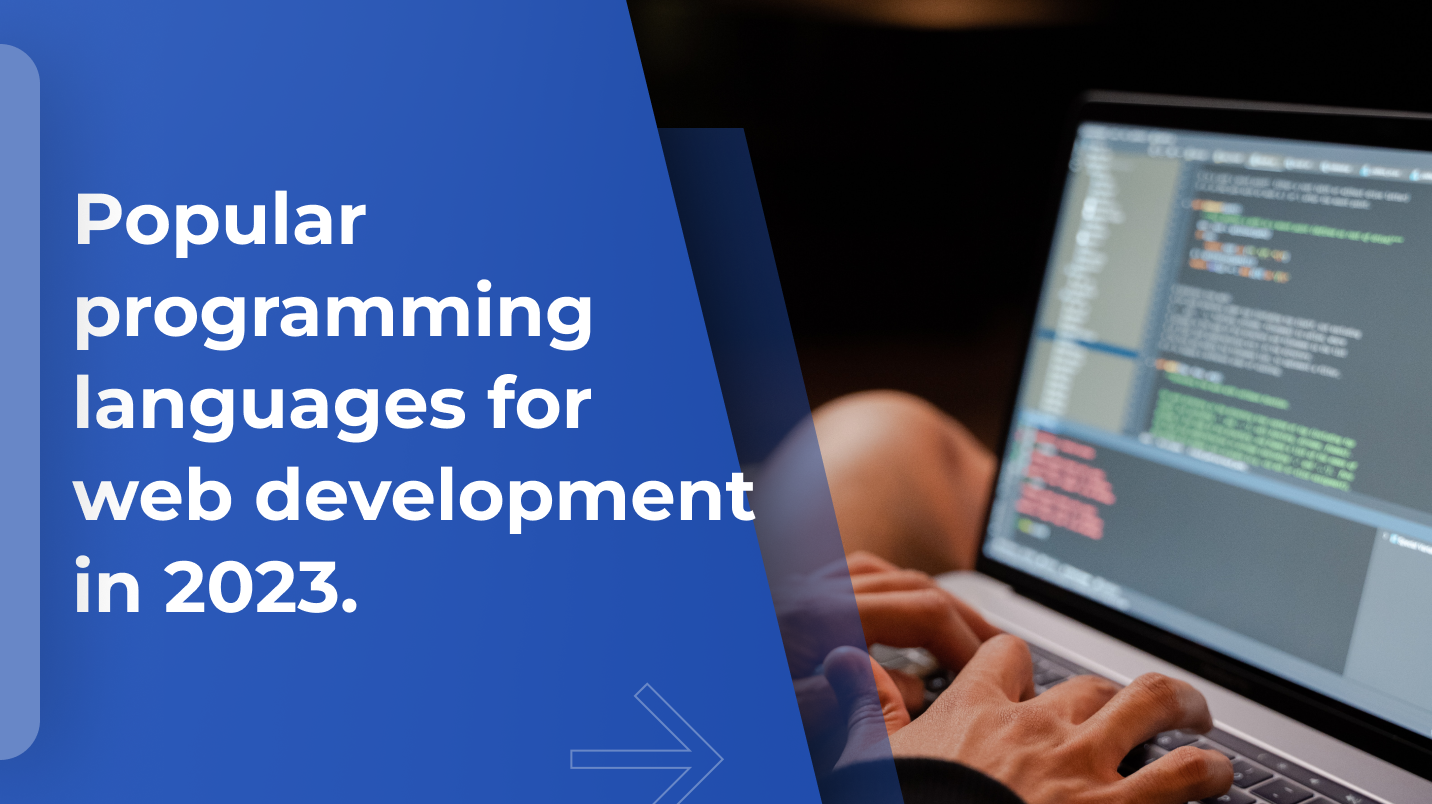History bears enough proof to showcase that for centuries mankind has been heavily inclined towards evolution. Easy and high standard of living has always fascinated us and this is the reason why with each era, a new form of revolution is recognized as well as implemented across industries.
It was the early 60s that acted as the precursor of the third industrial revolution when people started utilizing electronics – by extension computers, for boosting the productivity of their processes. What projected this revolution more is the shift that was experienced by the industrialists in reaching the defined productivity.
Followed by the introduction of computers, the processes started yielding a high-quality product with improved efficiency. This can be termed as the precursor of the current digital revolution we are living in.
The drastic digital shift in the past decade has propelled the foundation of the fourth industrial revolution in the form of digitization of mass production processes. Over these years, the digital world has augmented to a whole new level of technology with the implementation of the Internet of Things (IoT), digital fabrication, Software as a service, and more such other forms.
Technologies like Artificial Intelligence, Machine Learning, and Deep Learning are taking the lead in Industry 4.0
The interconnectivity through the IoT, real-time data access, the introduction of cyber-physical systems have taken the industries by storm. Better predictability enables infusing better stability in the systems. Moreover, this boosts a seamless collaboration across departments, partners, and products. Thus enhancing the overall productivity as well as operations of the business. This reduces the possibility of errors and therefore boosts the quality assurance.
Although some discard the term Industry 4.0 as a marketing gimmick, the control, prevention, and empowerment it brings forth for the organization are undeniable. The ability to leverage this power enables a better governance model of any system and refined concept development.
The beginning of this fourth industrial revolution was not marked by one company or industry but rather by the 2013 German government. Denoted as Industry 4.0, the idea was to computerize the manufacturing industry to the extent that it requires minimal human interferes and is limited to just supervision.
Although the technological infrastructure is still in its early stages of development, it has paved its way into the manufacturing process. With the ability to track a product life-cycle from the cradle to the grave, this technology is being welcomed warmly with open arms.
This Brings To Summarize The Three Major Aspects Of Industry 4.0
1. Complete Digitization Of An Organization’s Operation
The digitization of a company would include integrating every function and the entire hierarchy along with the partners, suppliers, and distributors, for seamless data transfer across the chain. This would enable transparency of movement throughout the channels and smoothen out the pits and flaws.
2. Redesigning The Products And Services
The products and services need to be redesigned to embed the custom-design software to enhance responsiveness and interaction. When this data is analyzed, the functionality of these products can be determined, along with this, we can generate steady reports that can be utilized to enhance their performance and functionality.
3. Better Customer-Relationship Management
Complete digitization and redesigning the products and services would undoubtedly boost the CRM chain. This is on the account of a more responsive chain facilitated by Industry 4.0. This then enables the industrial manufacturers to reach their end customers and thereby modify their business process for maximum revenue generation.
Apart from these aspects, multiple other questions arise with the rapid rise of Industry 4.0, a few of those being what would be the future of these technologies, which all industries would be affected by 4.0 and many more. In our next blog, we will discuss the industries that would be majorly affected by this Industrial Revolution along with some successful case studies around it. Stay tuned!






